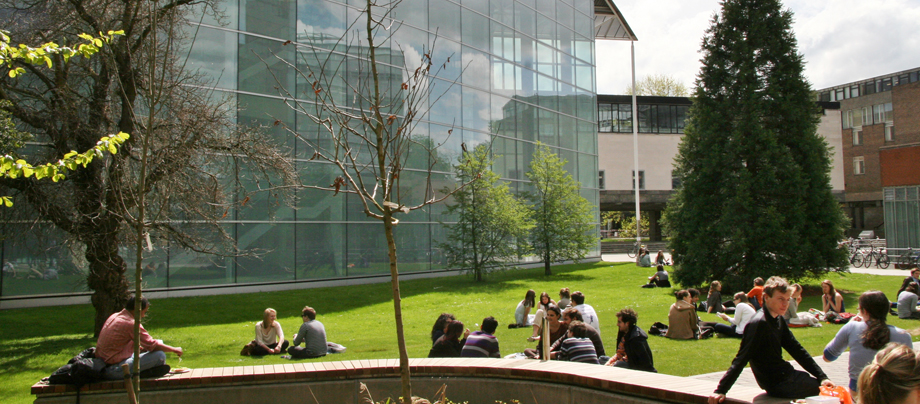Colleges
Cambridge University is organised on a collegiate basis, with 31 Colleges. The Colleges provide accommodation, access to dining and sporting facilities and various forms of student support.
All LLM students have a Director of Studies in their College who is able to provide general academic support. Most Colleges also have a graduate tutor who can provide pastoral support.
By contrast, lectures, seminars and small group teaching for the Cambridge LLM programme are provided exclusively by the Faculty of Law.
LLM students are encouraged to participate fully in the rich academic and social life of their College. Most Colleges have their own law societies and other alumni networks complementing those offered by the Faculty and the University.
Further information about the Colleges is available on either the University of Cambridge Postgraduate Admissions Office (PAO) website or on the individual College websites or via the University's website. Whichever College you join – and they are all different – experience tells us it will add something memorable to your year in Cambridge.
More detail on how Colleges and students are matched is also available on the PAO website.
Faculty
At Faculty level, overall responsibility for the LLM students lies with the LLM Director, Dr Richard Williams.
Teaching: lectures, seminars and small group teaching
Each LLM subject is run as either a lecture course or a seminar course. A lecture course ordinarily has two hours of lectures a week. Students are expected to supplement this formal contact by extensive private reading and informal group discussion. Teaching is interactive, so some pre-reading before lectures is essential in order to take full advantage of the learning experience and the possibilities for engagement with the lecturer. Seminar courses are different, and described below – the term is used in a particular sense on the Cambridge LLM programme; it does not simply mean a small lecture group.
With lecture courses, special provision is typically made for additional small group teaching. These small group teaching sessions are provided because we know how much students benefit from lively interaction with their peers. These groups are large enough to allow for different standpoints to be represented and expressed, and small enough to give all students the opportunity to participate in the debate and develop their own ideas.
In these small groups, students are expected to analyse complex legal materials, critically examine legal questions, apply their legal knowledge to 'problem' situations and consider underlying policy issues. Students are strongly encouraged to express and defend their own opinions. They can then benefit from informal discussion and feedback from both their lecturers and peers.
Students are also encouraged to submit written work. These might take the form of reflective essays or timed exam-practice essays. Students benefit from direct and individual feedback on their work, and can then hone their writing skills.
Seminar courses and other opportunities for individual research
For those who would like to undertake more independent research, the Cambridge LLM programme offers two options. In the area of Public Law it is possible to follow a seminar course where the mode of instruction consists largely in students presenting their own research. This research is then further developed independently and written up as a full seminar paper for the course assessment.
Alternatively, in a good number of subjects it is possible to write a dissertation in lieu of the written exam. Although the dissertation option is widely available, students may elect to do this in one subject (only) of their four chosen courses. This election is popular with students who enjoy the excitement of independent research, and is supported by some limited one-to-one attention from a member of staff acting as dissertation advisor.
The success of these independent research projects is reflected in the fact that, each year, a significant number of the students who have opted to write an LLM dissertation move on to doctoral research in Cambridge or elsewhere.
Other opportunities
Mooting
The Faculty’s Student Law Society offers an extensive mooting programme in which LLM students are welcome to participate.
Cambridge International Law Journal
LLM students can gain valuable experience in writing and editing as members of the Editorial Board of the Cambridge International Law Journal.
Pro Bono
Students can also get involved with the Cambridge Pro Bono Project.
Contacts with the profession
The Cambridge Law Faculty enjoys very good relations with all branches of the legal profession. Usually, during the course of the academic year, practitioners often come to give seminars and Law firms and barristers’ chambers regularly visit Cambridge for the purposes of recruitment. The Careers Service is very active in its support of Law students at Cambridge and usually organises a number of law careers fairs. In addition, the University’s Law Society usually offers opportunities to meet members of the profession.




